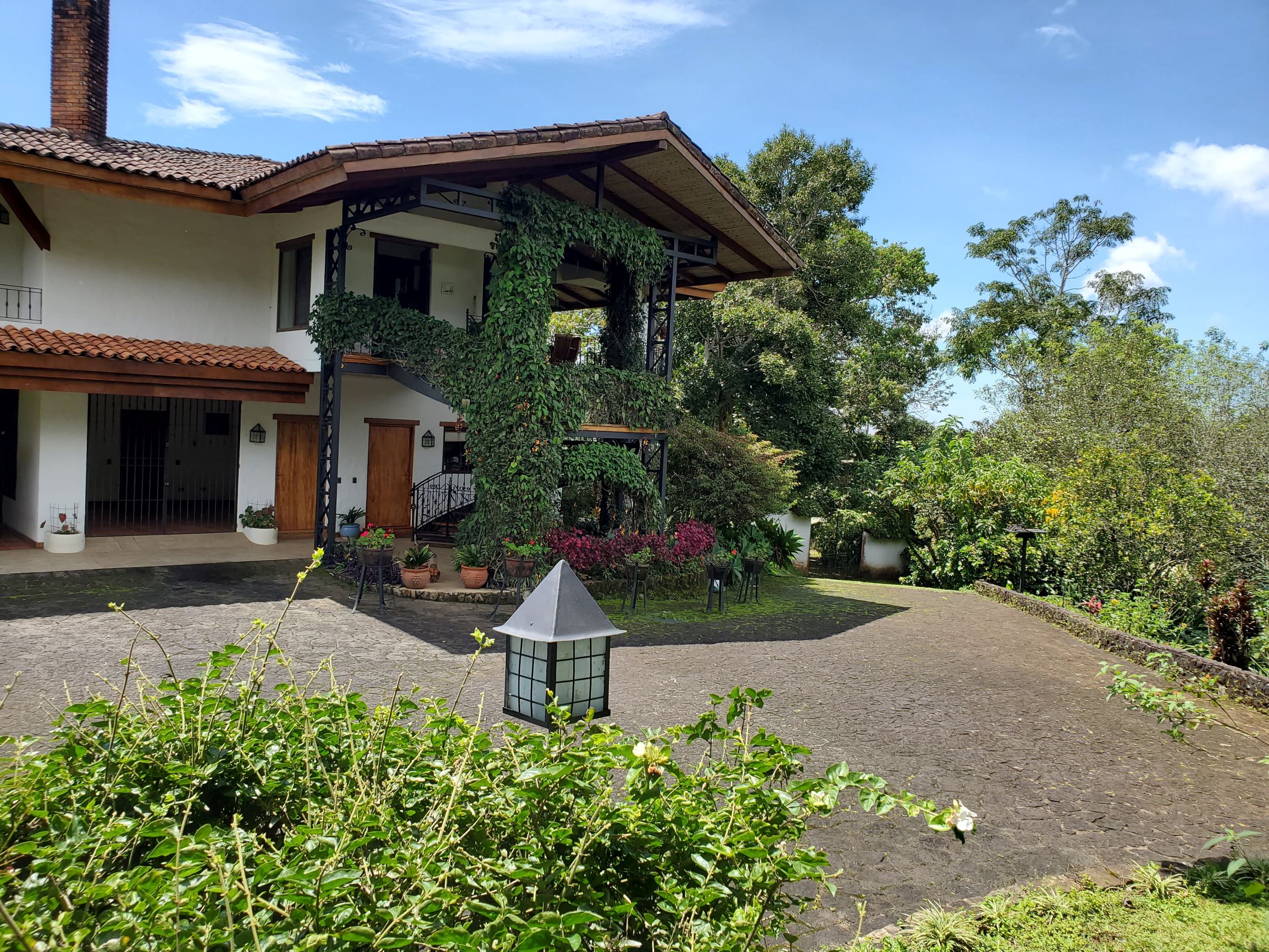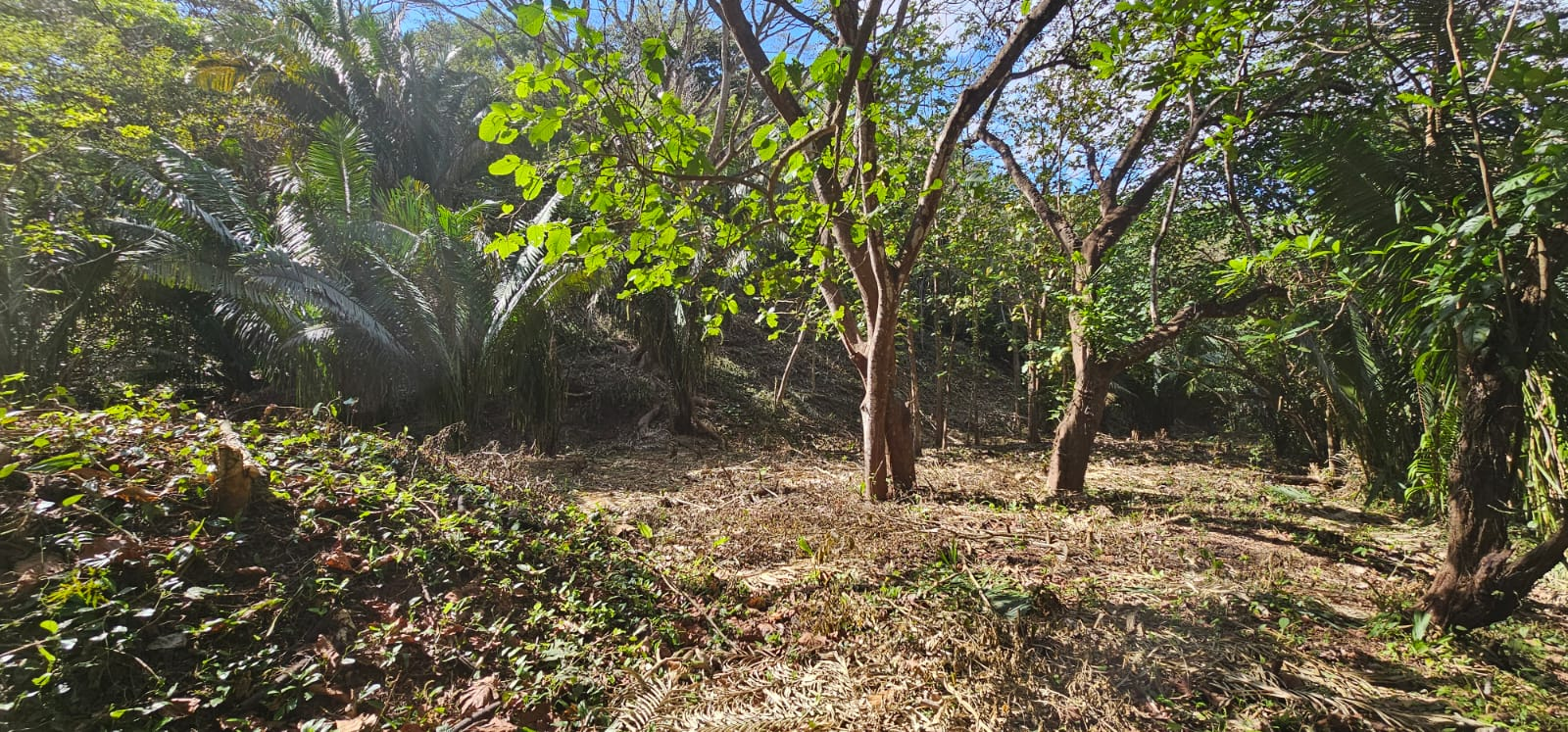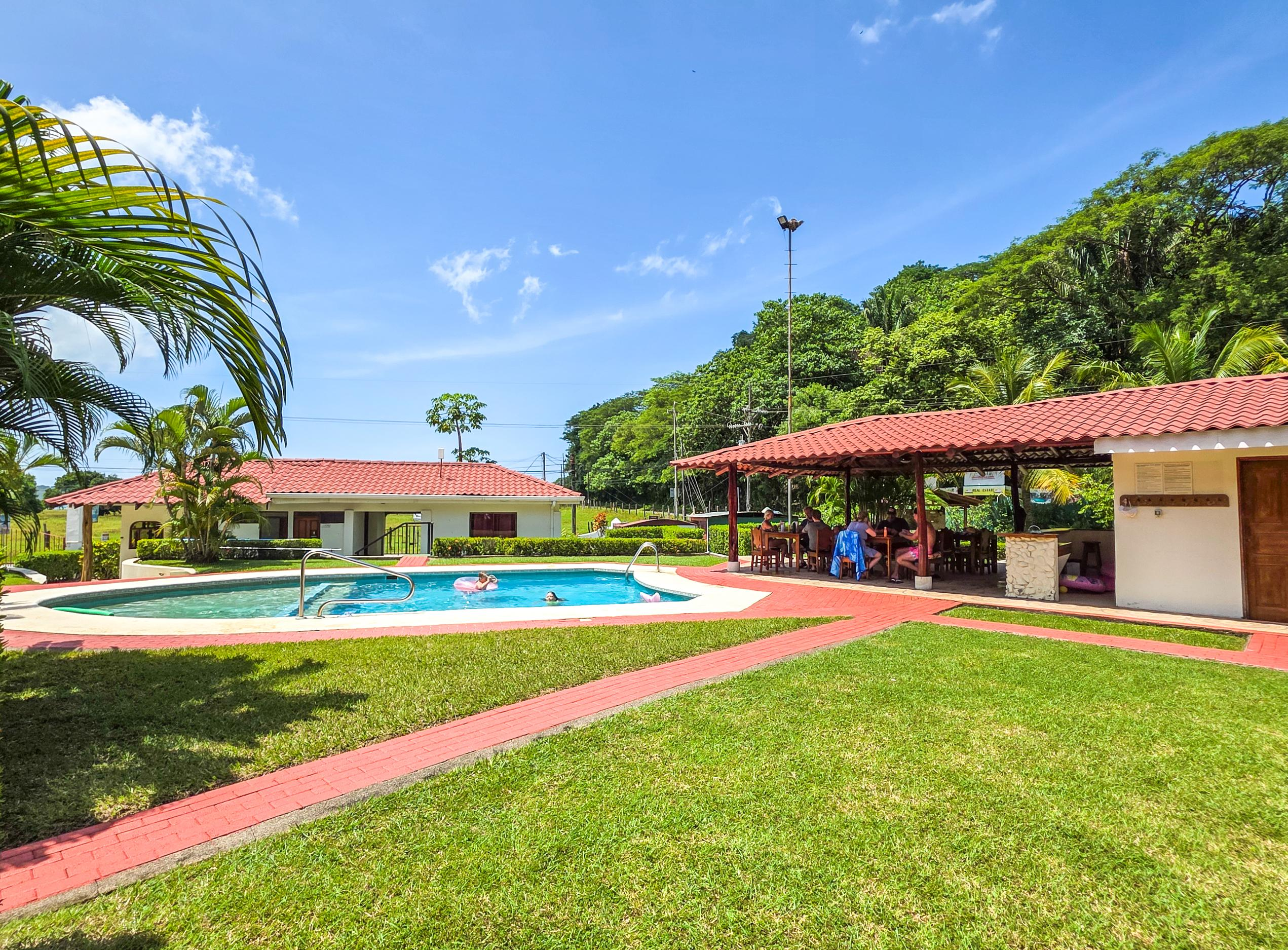Estimated Reading Time: 5 Minutes
Have you ever heard of the Costa Rica luxury home tax? Should your property pay luxury home tax or not?
Here are all the answers to your questions on the luxury home tax or Impuesto Solidario. This annual tax runs from January 1st until December 31st of each year and has to be paid before January 15th.
I have been a real estate broker for over 30 years, so you’d say I have experience doing this. Nonetheless, I have never seen anything as challenging to do as calculating this luxury home tax. Therefore, I can only suggest you look for the professional assistance of an accountant if you want to do it correctly.
The tax must be paid by the owners of residential properties, such as titled property owners, concessionaires, and occupants of the shoreline area or any other real estate granted by the State, whose value exceeds the minimum indicated by the law. These properties include houses, estates, and luxury condos. See below for all the exact information.
Plan to purchase a luxury home in Costa Rica? Then it would be best if you read on because the Luxury Home Tax is important for you in the future. The local tax authorities created the Luxury home tax or Impuesto Solidario in 2009. This tax is an annual tax, but homeowners must present a declaration every three years.
Some think the luxury home tax is a lot of money, but it’s not. You’d be surprised how cheap it is. The rates are 0.25% up to 0.50% of the calculated value. To be able to calculate, you need to follow the steps below.
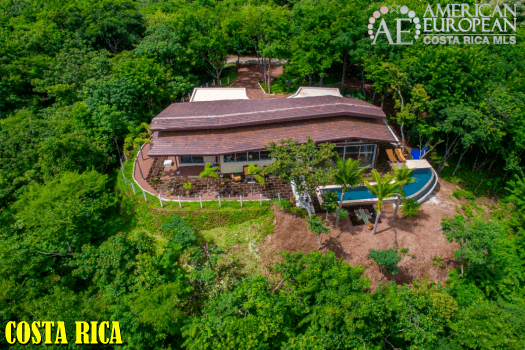
The location of your luxury home doesn’t matter. The area can be in the Central Valley, a luxury home on the golf course, or a luxury home on the beach; the luxury home tax is for the whole country. For Instance, luxury homes, and condos on the maritime zone’s title and concession property must also pay.
When you purchase a luxury home, you should pay particular attention that the seller is up to date on this payment. If not, you, as a buyer, become the responsible one for paying it when the government finds out the tax has not been paid before closing. Often, the notary public and the realtor do not do the due diligence as they should.
Form D179
To declare the “impuesto solidario,” you have to fill out form D179 on the ATV system, which unfortunately is all in Spanish. Download the ManualD179ISO, and once you have the manual, you’ll be able to do the rest on your own, if your Spanish is good enough. If not, find an accountant to assist.
Land valuation maps
While the Ministry of the Treasury has also compiled land valuation maps for most of the country, the government completed most maps in 2008.
Therefore, you should download the property value maps or “MAPA DE VALORES DE TERRENOS POR ZONAS HOMOGÉNEAS” from the municipality’s website where the property is located.
Construction Value
Use the manualtipologiavalores 2020 by Ministerio de Hacienda for the calculation of all construction of the property.
Where to Pay
Once you have calculated the luxury home tax to be paid and filled out the form D179, you can pay at the following banks:
- Banco de Costa Rica
- BAC San José
- Coopenae
- Banco Nacional de Costa Rica y sus corresponsales. Para consultar cuáles son ingrese aquí.
- Banco Davivienda
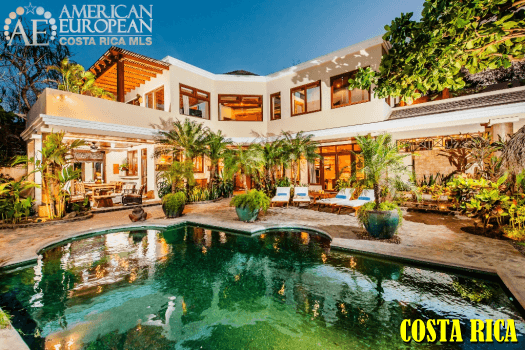
From abroad
If you have a cedula or a Dimex, you can pay by international wire deposit. However, be aware that you’ll have to pay all international wiring fees.
Banco: Banco de Costa Rica, Teléfono (506) 2287-9044, Fax (506) 2255-0221
Nº Cuenta Corriente: 001-0242477-0
Moneda: Dólar de los Estados Unidos de América
Swift Number: BCRICRSJ
Nº Cuenta Cliente: 15201001024247707
Beneficiario: Ministerio de Hacienda, av. segunda, calles 1 y 3, San José.
Detalle de la Transferencia: Debe indicar: “Pago ISO-CR– (Nombre contribuyente y número de identificación, periodo del impuesto)”.
Tax rates for 2023
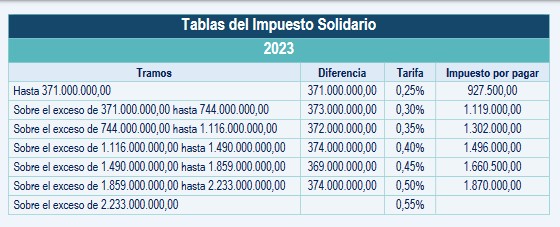
Penalties
Penalties can run up, especially if you don’t pay the tax for several years. Consequently, before you decide to file the tax or not, have a look at the Infracciones y Sanciones Administrativas Mas Relevantes 2022.
The purpose of the law
ARTICLE 1.- Purpose of the Law
The creation of this tax is in favor of the central government. The tax will finance public programs for the poor or extremely poor.
Only residential properties will have to pay the Costa Rica luxury home tax. In addition, property used occasionally or for recreation, including fixed and permanent premises, pays the tax.
I certainly hope this article helps make your decision to buy a luxury home at the beach or in the Central Valley, check your options on our inventory now.


